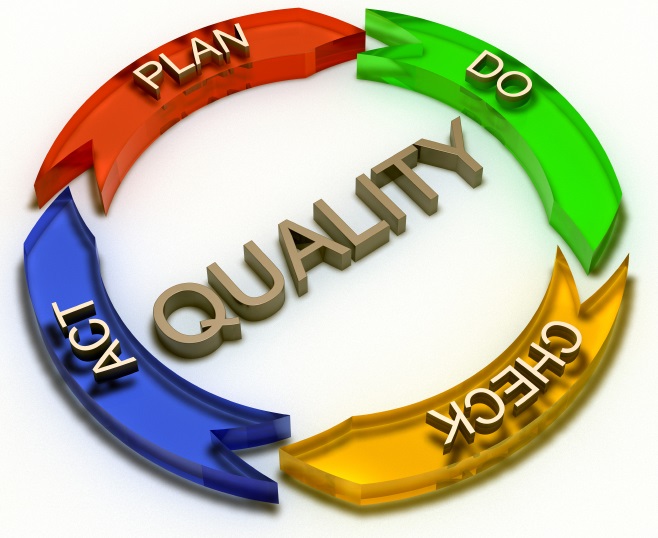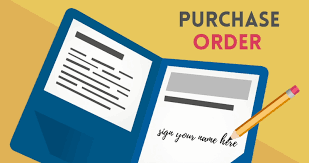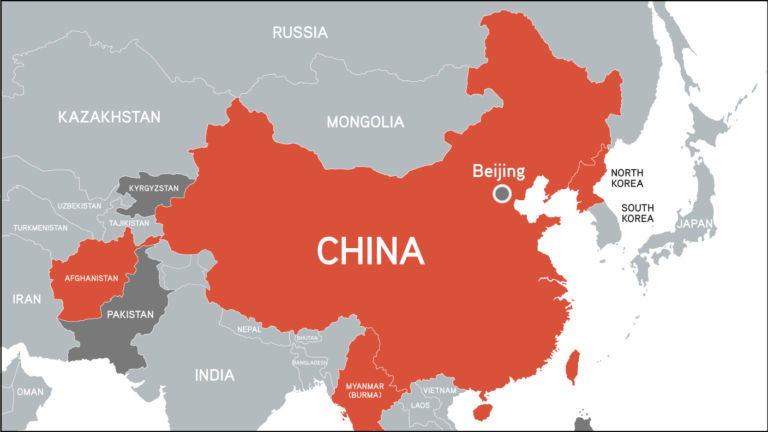Are you searching for private label sourcing strategies? Here are some tips for your private label sourcing strategies. 10 Tips For Your Private Label Sourcing Strategies: a blog about private label sourcing strategies for resellers.
Section: How much will it cost to make?
I often get asked how much it costs to make a product. And the answer is always “it depends”. The price tag of your product will be affected by:
The cost of the materials used in its production (eg, fabric, zippers and thread)
-How many units you are ordering. (if you’re buying just one item this may be more expensive than buying 1000 items)
-Whether or not you have any design element requirements. (like embossing or embroidery).
-How much you charge for your product. (if you’re selling a $20 item. The cost to make it will be less than if you were selling a $200 item)
-The quality of the product (low-quality materials will cost more to produce than high-quality ones).
-The complexity of the product. (simple items are less expensive to produce than complex ones).
-Where you are ordering from and how many items you order at once. (you may be able to get discounts if you order in bulk)

Section: Can you get samples from the factory?
- The number of samples you need. (some manufacturers have a minimum order quantity. So they may not be able to send you one)
- How long your product will take to produce. (if it’s urgent, ordering samples right away is important).
- If the factory has any design elements requirements (like embossing or embroidery).
- If your product requires any special shipping. Like being double boxed or with additional protective padding.
- The time of year you are ordering. (some factories are busy during certain times of the year).
How do I know if my factory is legit?
-Check the websites domain name and make sure it’s registered with a company in your country.
-See if they have an office address, and check to see if it’s in a building with other businesses.
-Search for reviews of the factory on Google, LinkedIn, or Yelp.
-Look up their company registration number (this will usually be available on their website).
Section: What is the shipping time?
The shipping time from a factory in China to your country can vary greatly. We have seen it take anywhere from 10 days to 4 months. So the best thing you can do is be patient.
The best way to get a sense of how long it will take is by looking at how long it took the factory to ship out products in previous orders. This is especially important if you need to have your order shipped quickly, as factories will often prioritize larger orders over smaller ones.
What is the lead time?
The lead time is how long it takes for a factory to make your product once they receive an order. It may also be referred to as production time or processing time. This can vary depending on the complexity and type of product being made.
The best way to get a sense of how long it will take is by looking at how long it took the factory to ship out products in previous orders. This is especially important if you need to have your order shipped quickly, as factories will often prioritize larger orders over smaller ones.
Section: What is the quality of the raw materials?
1.The quality of the raw materials will be a large factor in determining the quality of your product. This is because the factory will often use lower-quality materials to make a higher quantity of products. While they’ll use higher-quality ones for fewer products but with better results. If you want to get high-quality products at a low price. Then it’s important that you ask about this aspect before ordering.
2.The first thing to understand is the quality of the raw materials processed by the supplier. Is to determine the quality of the product, the quality of raw materials is more important. So make sure you get it right. Find out if a good factory can make such a product. It is necessary to investigate the quality of raw materials. The production capacity of the factory, the production cycle of the factory. And whether the mechanical equipment is complete.

Section: What certifications does the factory have?
1.First of all, the product has to have a certificate. For example, UL certification is a very good one.
2.Secondly, you need to check whether there are any certificates from various countries in the world (such as CE).
3.Thirdly, you should also ask about the quality of raw materials used for production. And if it meets international standards (such as ROHS)
4.Finally, if possible , you should ask for a factory visit. You can see what the production site looks like. And ask more detailed questions about their business.
Section: Does the factory have experience producing a product similar to mine?
1.If the factory has experience producing similar products, then it is much easier to work with them.
2.Does the factory have a production license? If so, what kind of license do they have?
3.What are their annual sales figures in terms of volume and value?
4.How long has the factory been in operation?
5.What are the factory’s capabilities?
6.How many employees does the factory have, and what kind of equipment do they use?
7.Are there any brands that have worked with this factory before?
Section: Are there any hidden costs that could increase my expenses unexpectedly?
1.What are the import duties and taxes?
2.How long will it take for my products to be ready?
3.Will they ship directly to me or through a third party?
4.What are the shipping costs, and how can they be calculated in advance?
5.How many samples do I need?
6.Do you have any tips on how to save money on production costs?
What guarantees do you offer with your service?
1.What is your policy on refunds, exchanges and repairs?
2.Are there any hidden costs that could increase my expenses unexpectedly?
3.How long will it take for my products to be ready?
4.Will they ship directly to me or through a third party?
5.What are the shipping costs, and how can they be calculated in advance?
6.Do you have any tips on how to save money on production costs?
7.What guarantees do you offer with your service?


Section: Is there a minimum order quantity for this product?
If so, what is it and how can it be calculated in advance?
1.What kind of file formats do you accept for designs?
2.Are there any restrictions on what kind of content can be used in my products?
3.Will there be any additional charges if I want to make changes after the design has been approved?
4.How will my files be delivered once production has finished?
5.What kind of payment methods do you accept?
6.Are there any hidden costs that could increase my expenses unexpectedly?
How long will it take for my products to be ready after approval ?
1.How long will it take for my products to be ready after approval?
2.What kind of communication do you provide during the production process?
3.What kind of communication do you provide during the production process?
4.Will I be able to contact you after my products have been delivered to make any changes or additions?
Section: Are there any safety issues with this product, such as choking hazards for small children or possible flammability concerns?
1.Are there any safety issues with this product?
2.Do you have any concerns that could affect the production of my products?
3.Is there anything in particular I should be aware of when designing my product, such as choking hazards for small children or possible flammability concerns?
4.Can you provide me with a list of materials that are prohibited for use in manufacturing my products?
5.Do you have any concerns that could affect the production of my products?
6.Are there any safety issues with this product, such as choking hazards for small children or possible flammability concerns?
7.Have you had any issues in the past with similar products that I should be aware of when designing my product?
Section: Where is the factory located and what is their reputation in terms of service/quality of goods, etc.?
Many companies of various sizes are outsourcing their manufacturing to China. Chinese manufacturers can be great when it comes to price, quality and service. They’ve rapidly improved over the past ten years, and are extremely competitive.Which has made them the obvious choice for most manufacturing companies. But there are downsides as well. In this post I’m going to show you the benefits and drawbacks. And tips on how to choose a trustable manufacturer in China. Benefits:
-Cheap labor
-Fast production time (if you order from a factory that is able to make your product)
-Fast shipping times (for products that are made locally in China)
-Good quality (if you are able to find a good factory)
-Wide range of suppliers who can make your product

Takeaway: These are some questions resellers should ask when they are looking for private label sourcing strategies.
Maxtop Tech helps thousands of small business owners, dropshippers,amazon store owners, wholesalers,retailers, contractors to select,order,inspect,quality control,store, pack, label, and deliver. Making orders fullfilling smoothly and service beyond the quality.